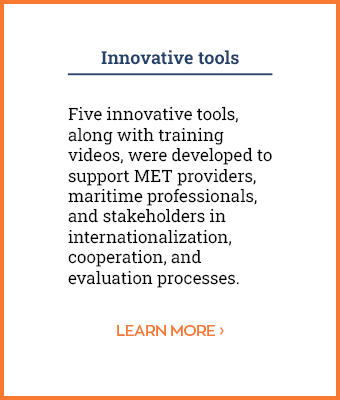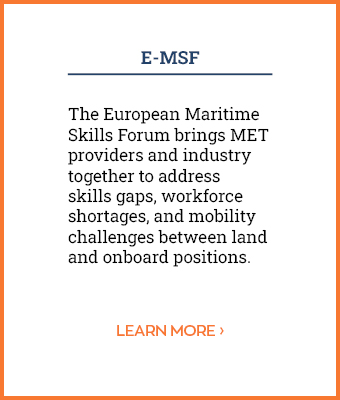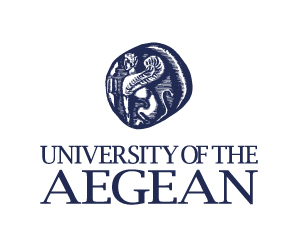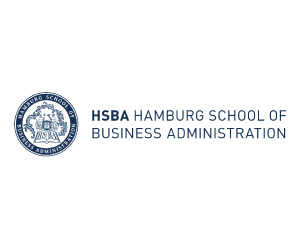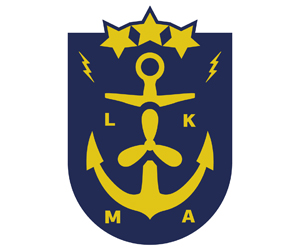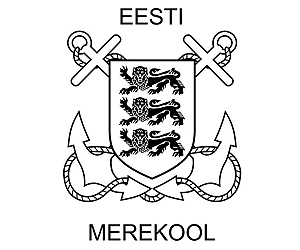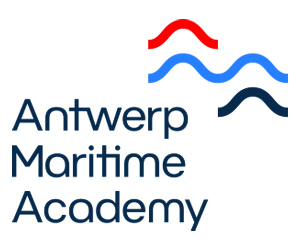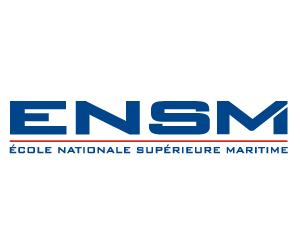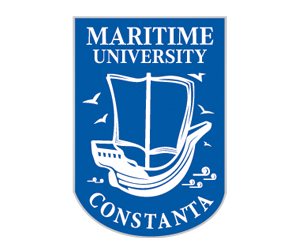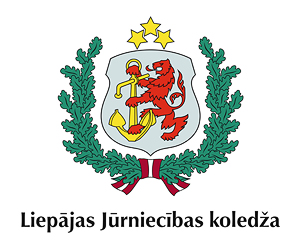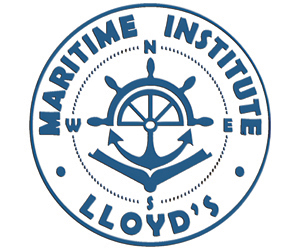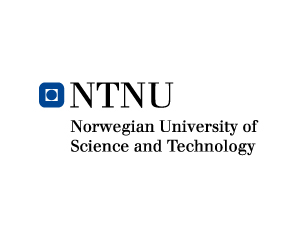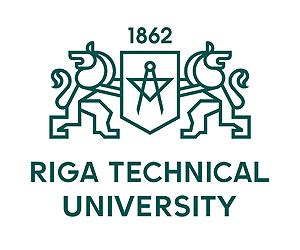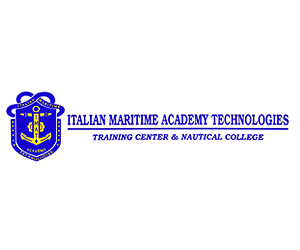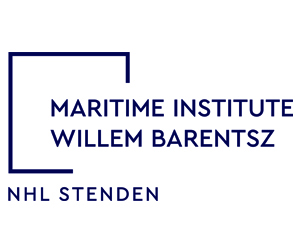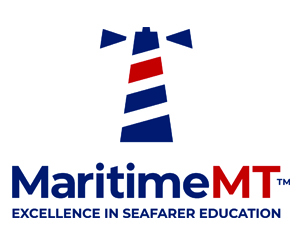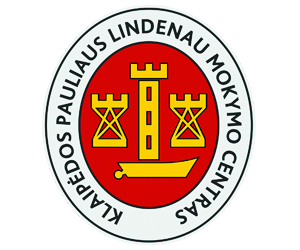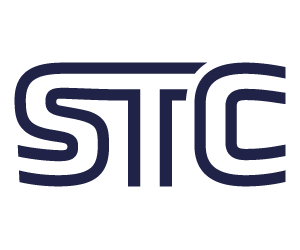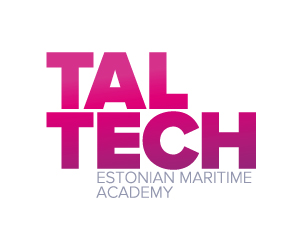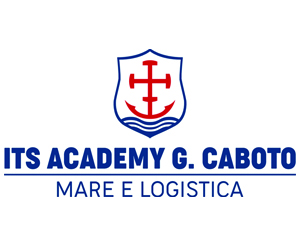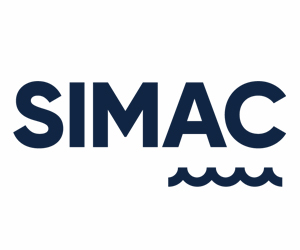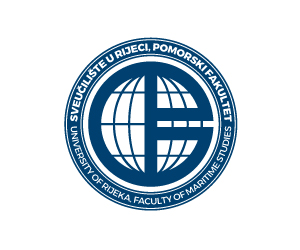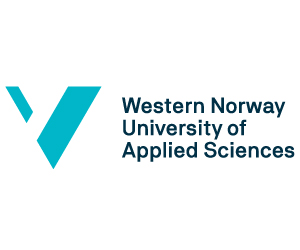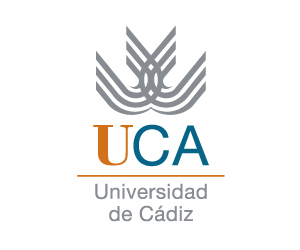 SKILLSEA means Futureproof Skills for the Maritime Transport Sector
From SKILLSEA to MET-NET: A Maritime and Training Education Network
SKILLSEA means Futureproof Skills for the Maritime Transport Sector
From SKILLSEA to MET-NET: A Maritime and Training Education Network
-
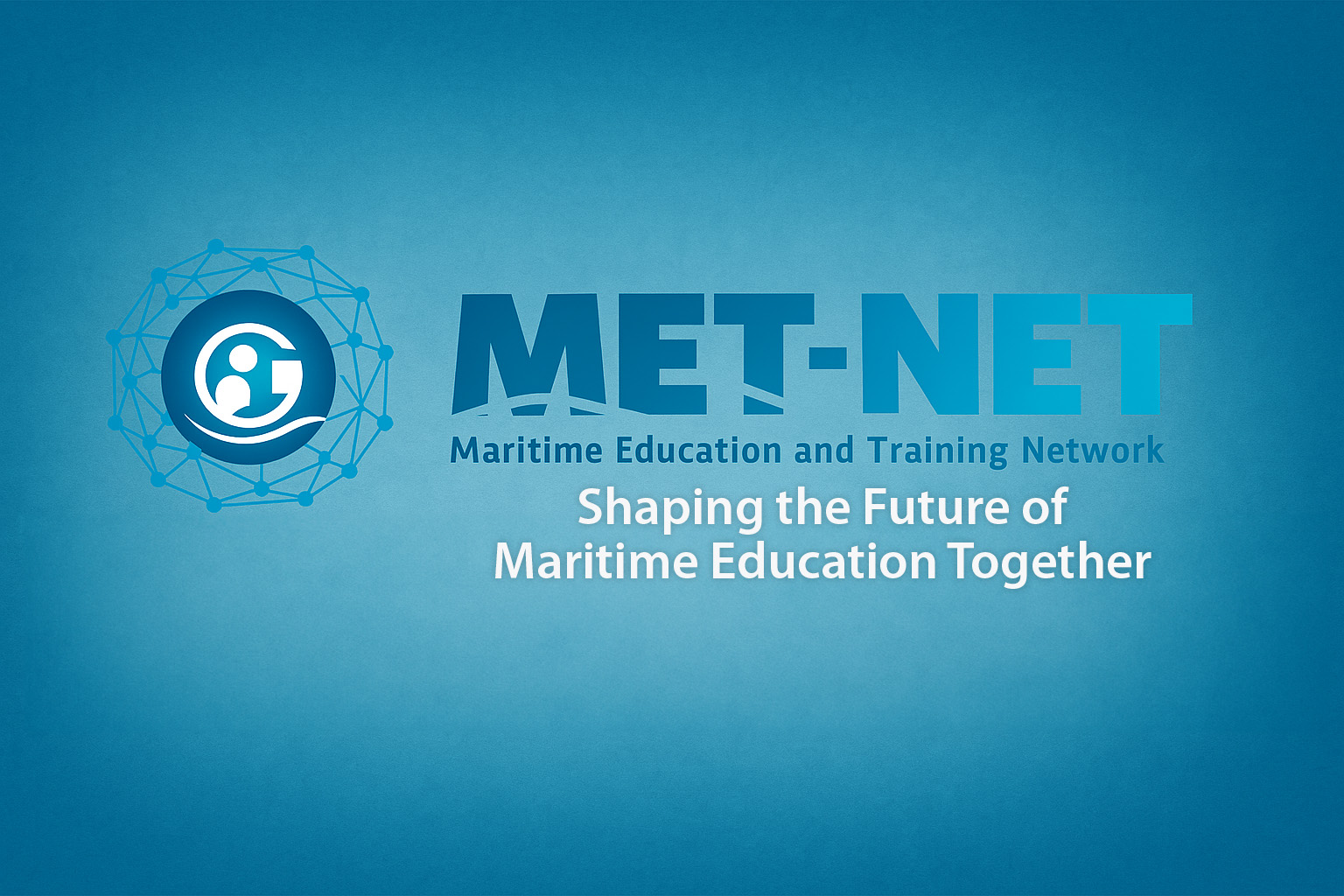 From SKILLSEA to MET-NET: A Maritime and Training Education Network
From SKILLSEA to MET-NET: A Maritime and Training Education Network
SkillSea was an Erasmus+ Sector Skills Alliance that brought together 26 partners from 15 countries between January 2019 and June 2023 to enhance skills development in the maritime sector. The project resulted in five innovative tools for maritime professionals and MET providers, seven educational packages (including a train-the-trainer program), and a customizable Toolbox for further educational development, alongside a sectoral skills strategy.
Leveraging on the SkillSea achievements and the strong collaboration among its members, the Maritime Education and Training Network (MET-NET) and the European Maritime Skills Forum (E-MSF) were established to foster collaboration and sustain its impact.












